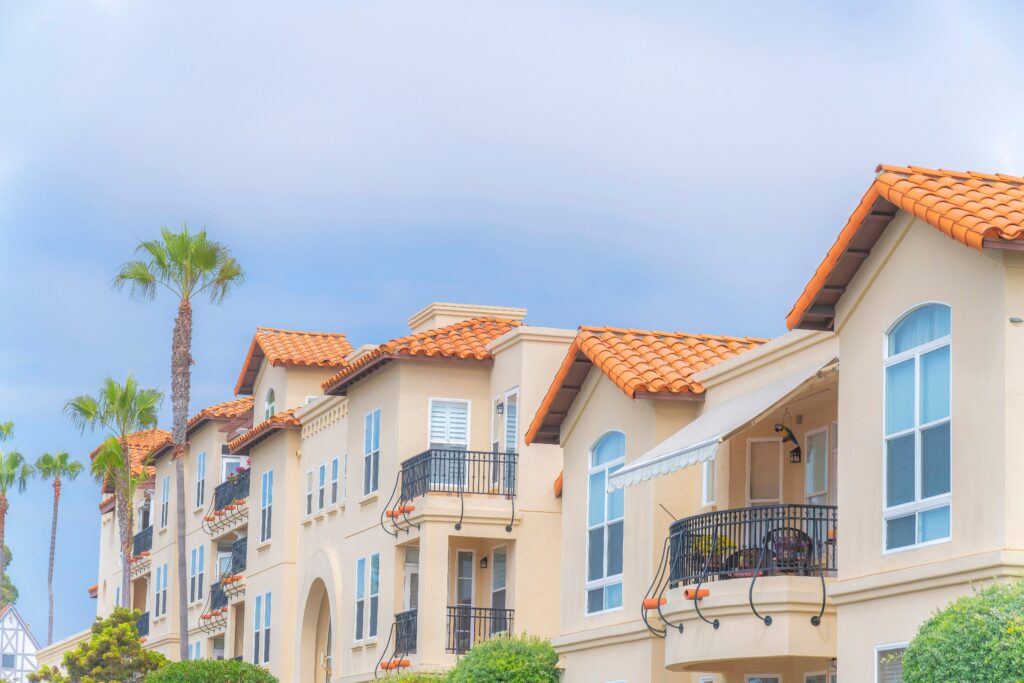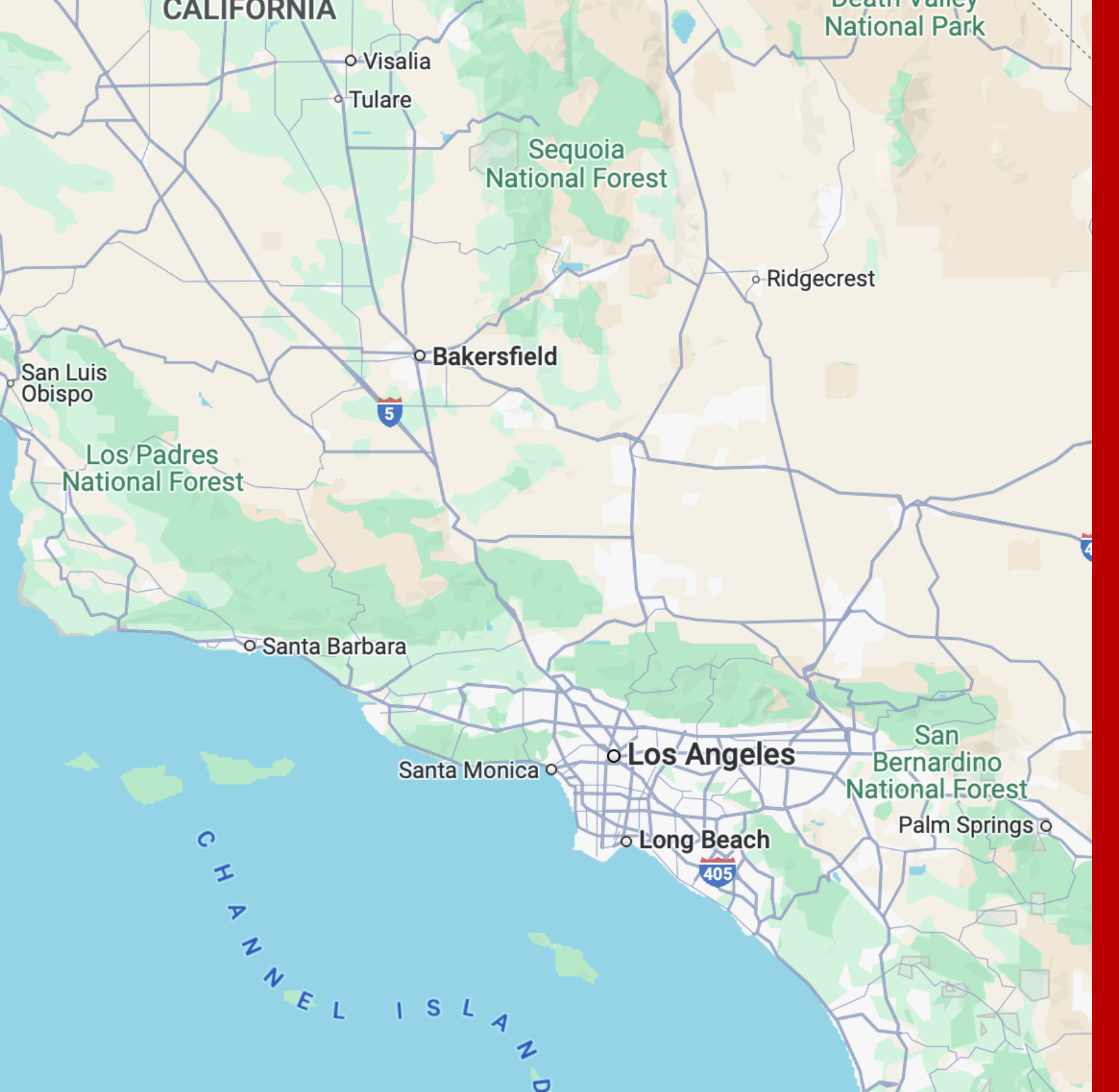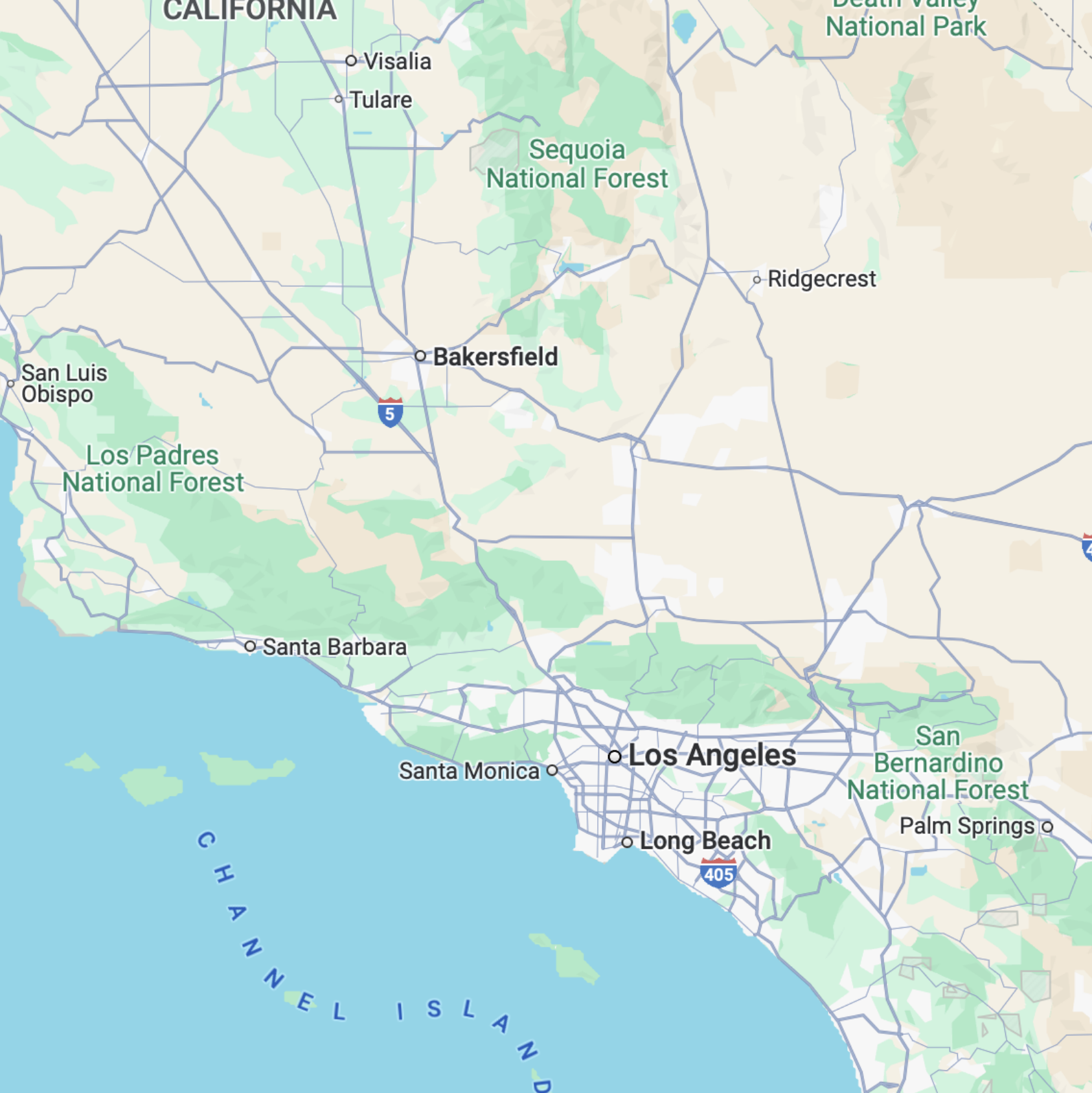If you own or manage a multi-family residential property in California, it’s critical to understand SB 721, a state law designed to prevent tragic structural failures in buildings with elevated exterior elements (EEE) like balconies, decks, and walkways. Often referred to as the “Balcony Inspection Law,” SB 721 requires regular safety inspections of certain exterior structures on residential buildings with three or more units. For Los Angeles property owners and managers, this law has immediate implications, and deadlines are fast approaching.
If you haven’t yet scheduled your inspection, now is the time. The initial SB 721 inspection deadline is January 1, 2026, with re-inspections required every six years. Contact Deck and Balcony Inspectors today to ensure your building is meeting all of the SB 721 requirements.
What Is SB 721?
SB 721 mandates that all wood-framed exterior elevated elements (EEE), such as balconies, stairs, catwalks, and decks, that are six feet or more above the ground must be professionally inspected at least once every six years. These inspections must be performed by a qualified professional who can assess the structural integrity of these components and determine whether any deterioration or code violations pose a risk to residents. The goal is simple: protect tenants from preventable accidents and help property owners avoid costly liability.
We understand that navigating new regulations can be overwhelming, but we’re here to simplify the process. We’ll guide you through every step, from the initial inspection to any required follow-ups, ensuring your property remains compliant and your residents stay safe. And because we specialize in this area, you can trust that our team understands both the technical and legal requirements of SB 721 inside and out.
Why SB 721 Matters
SB 721 isn’t just another regulatory box to check; it’s a critical safeguard designed to protect the safety and lives of tenants. Balconies, decks, and elevated walkways are exposed to the elements and can deteriorate over time, sometimes without any visible signs. When these structures fail, the consequences can be catastrophic. Regular inspections ensure that these elevated elements remain safe and structurally sound, reducing the risk of injury or even death. For property owners and managers, complying with SB 721 isn’t just a legal obligation; it’s a moral one.
Failure to comply with SB 721 can also have serious legal and financial consequences. Property owners who neglect their inspection requirements may face:
- Civil penalties and fines
- Increased liability in the event of an accident
- Loss of rental income during required repairs
- Legal action from injured tenants or their families
- Difficulty selling or refinancing the property
Beyond the legal and financial risks, there’s also the matter of public perception. In today’s media-driven world, a collapsed balcony or walkway doesn’t just cause harm; it can become a viral headline. News stories about neglected buildings and injured tenants spread quickly, damaging reputations and communities.
What Does the SB 721 Inspection Include?
Working with Deck & Balcony Inspectors means you will receive a thorough evaluation by a qualified professional to ensure your property meets safety standards without disrupting your daily operations. These inspections are designed to be efficient and minimally invasive, allowing tenants to continue using their spaces with little to no interruption. The goal is to identify any potential safety hazards or structural issues early so you can stay fully compliant with the law and avoid costly surprises down the line.
During the inspection, we will carefully examine key areas of your exterior elevated elements, including:
- Support posts and beams
- Ledger boards and connections to the building
- Decking boards and surface materials
- Railings and guardrails
- Stairways and handrails
- Flashing and waterproofing components
- Fasteners and hardware
Our inspectors are primarily looking for signs of wood rot, corrosion, loose or missing fasteners, water damage, structural weakening, and any conditions that could compromise the stability or safety of these elevated structures.
Our SB 721 Inspection Process
Understanding the SB 721 inspection process is key to ensuring a smooth experience that won’t disrupt your business or inconvenience your tenants. At Deck and Balcony Inspectors, we prioritize clear communication and efficiency, so inspections are completed promptly and professionally. Our process is designed to minimize any impact on your property’s daily operations while providing you with the thorough assessment required by law.
Here’s a step-by-step breakdown of how we handle your SB 721 inspection:
- Initial assessment to review property details and schedule the inspection
- On-site inspection conducted by a licensed structural engineer or qualified contractor
- Comprehensive written report, complete with photos documenting findings
- Repair recommendations if any issues or safety concerns are identified
- Follow-up inspections are scheduled as needed to verify completed repairs and ongoing compliance
With Deck and Balcony Inspectors, you can have confidence that your property is in expert hands every step of the way.
Why Choose Us for Your SB 721 Inspection?
When it comes to SB 721 inspections, experience matters, and at Deck and Balcony Inspectors, we bring years of specialized expertise to every project. We understand the urgency of compliance deadlines and pride ourselves on delivering quick turnaround times without sacrificing quality or thoroughness.
Our transparent pricing means no hidden fees or surprises, just straightforward, honest service you can trust. Fully licensed and insured, our team follows all state regulations and industry best practices to ensure your inspection is accurate, reliable, and defensible. Don’t leave your property’s safety and compliance to chance, contact Deck and Balcony Inspectors today to schedule your SB 721 inspection and protect your investment with confidence.
SB 721 FAQs
Who needs an SB 721 inspection?
SB 721 applies to owners of residential buildings with three or more units that have wood-framed exterior elevated elements such as balconies, decks, stairways, or walkways that are six feet or more above the ground. If your property includes these structures, you are required by law to have them inspected every six years to ensure safety and compliance.
What happens if I fail the inspection?
Failing an SB 721 inspection means that your property has one or more safety issues that need to be addressed. You will receive a detailed report outlining the necessary repairs or reinforcements. It is important to complete these repairs promptly to avoid penalties, fines, or potential liability if an accident occurs. Your property may also require follow-up inspections to verify that all issues have been resolved.
How often are inspections required?
SB 721 requires inspections to be conducted at least once every six years. This regular schedule helps ensure ongoing safety for residents by identifying and addressing any deterioration or hazards before they become dangerous.
Can I use my own contractor for repairs?
Yes, property owners can use their own licensed and qualified contractors to perform any repairs recommended after the inspection. However, it is essential that all repairs meet current building codes and standards to maintain compliance with SB 721. We can also provide referrals to trusted contractors if needed.
Are tenants notified before inspections?
While tenants typically do not need to be present for the inspection, property managers or owners should inform tenants ahead of time to minimize any concerns and coordinate access if necessary.
Will the inspection disrupt my tenants or business operations?
SB 721 inspections are designed to be minimally invasive and efficient, so there is usually little to no disruption to tenants or daily business activities. Our team works carefully to complete inspections quickly and with respect for your property and residents.




